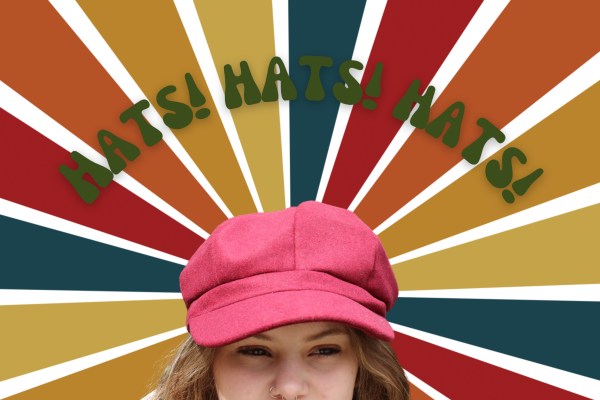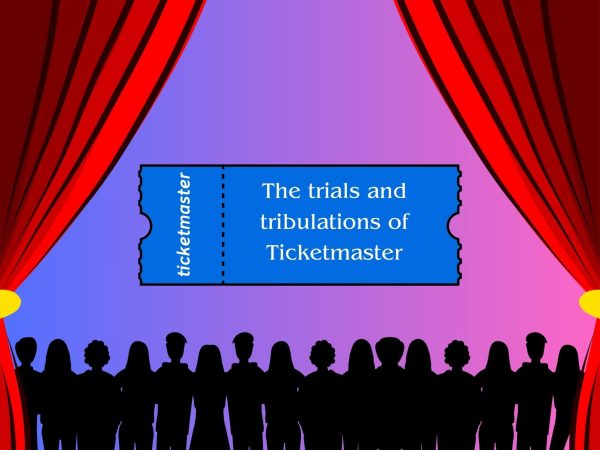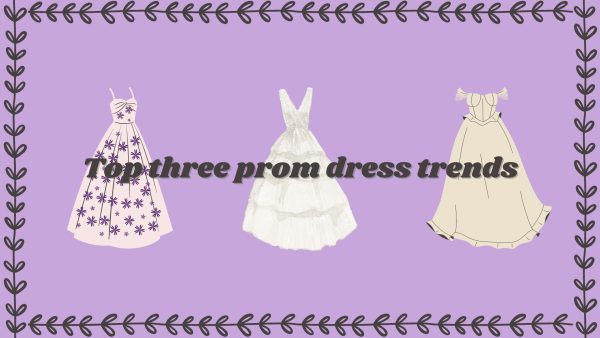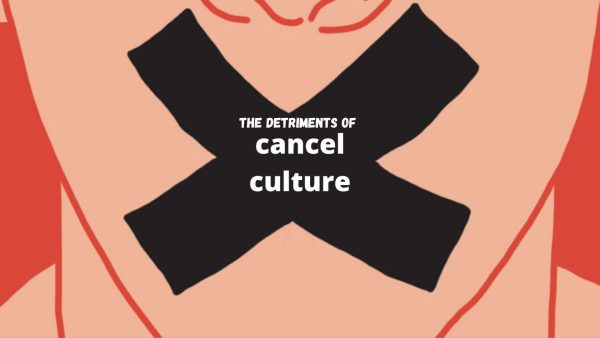Less is more
October 18, 2017
Materialism serves as arguably the most prominent collective value in today’s society. The lives of people in today’s society circle around the ideal of constant consumption, making consumers a target to corporations and businesses.
An increase in neurologic understanding facilitates the ability for companies to manipulate an individual’s perception of their needs. Marketers utilize subtle tactics to stimulate endorphins linked to addictive behaviors that encourage the consumer to continue using or return to their product.
Marketers take advantage of insecurities and false needs to sell products that claim to enhance life. The continuous disposability and greed feeds the toxic chain of commercialism, convincing people that they need the newest and the best.
Spiritual and cultural holidays seem to only provide people with an opportunity to give and receive gifts, forcing many to lose sight of the true meaning of the occasion.
Thanksgiving serves as an example of this transformation. Shoppers now tricked into holiday shopping claim bargains given to the early bird. The so-called “Black Friday” now begins on Thursday evenings in many stores, not only affecting one’s wallet, but also the quality of time spent with family members. A good deal on a product becomes more important than strengthening and creating healthy relationships with family and friends.
The extreme greed present in society makes people more vulnerable to the tactics of commercialism, feeding the perpetual need for more things. This results in a never ending hunger for approval.
Consumers acknowledge these problems, but fail to seek solutions. Minimalism presents an elucidate solution to the issue, but the extremity of the fix seems too difficult to accomplish because of the constant flow of degrading and manipulative advertisements shoved down the throats of consumers.
Minimalism suggests a conscious decrease of an individual’s participation in materialism and commercialism. Ideally, individuals should only possess what brings them joy or serves a useful purpose in their life. The philosophy behind minimalism states that the items in one’s life should bring them satisfaction and inspire creativity; when you declutter your space your mind becomes clear.
In addition to a clear mind, practicing minimalism also saves money that can later go towards useful purchases.
The decrease in apparel options leads to a constant exercise of one’s creativity. For instance, if an individual owns less pieces of clothing, they will become forced to utilize all of their wardrobe.
Minimalism presents a solution to the virulent tactics of commercialism and their imposing of constant disposability producing, monetary and materialistic pressures.
Although the thought of ridding life of guiltily hoarded items may seem daunting, the outcome will pay off. Some people find themselves craving a change, therefore the transition into minimalism becomes an enjoyable journey. On the other hand, the individuals that develop attachments to inanimate objects blame their attachment on a memory or meaning; they may find that their journey now becomes a farewell to the past and an open welcome to the future.

















